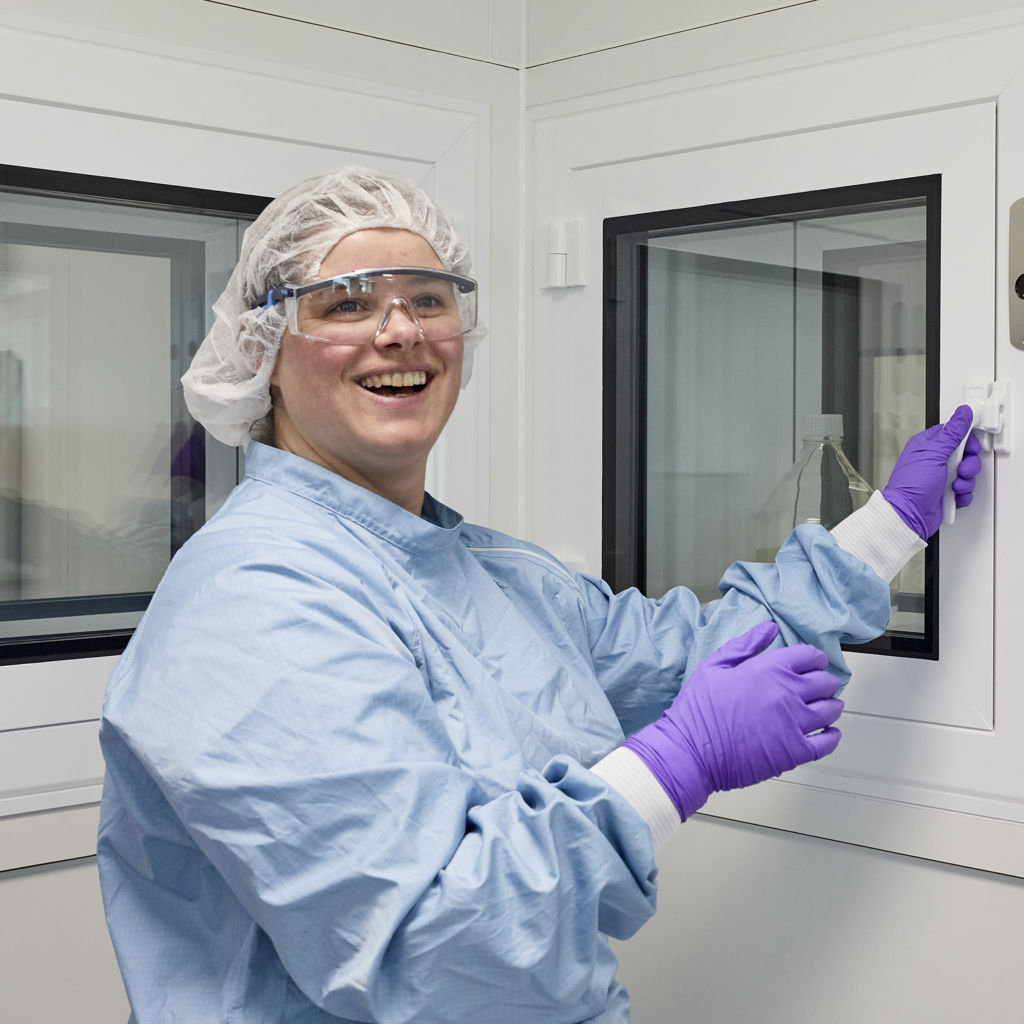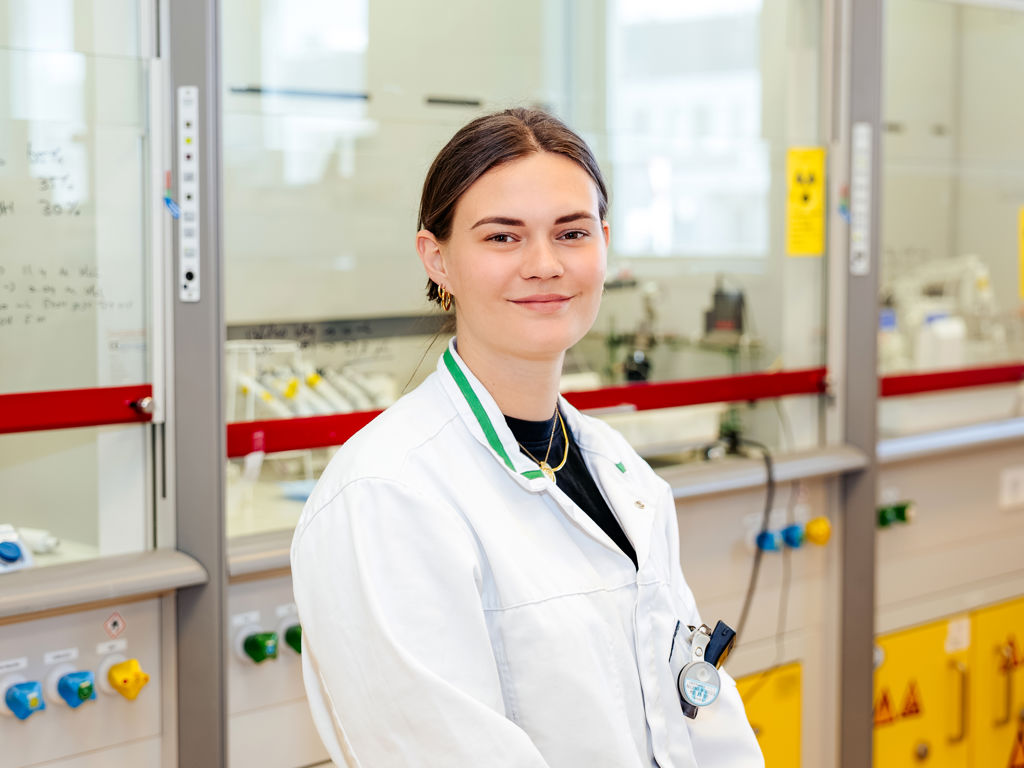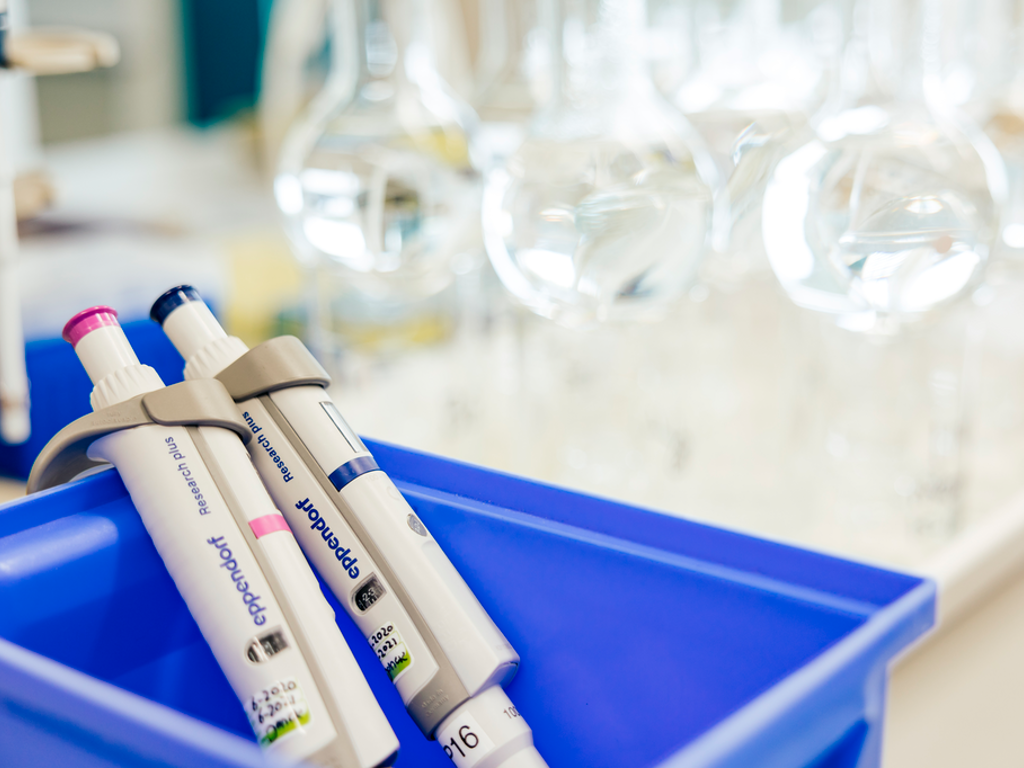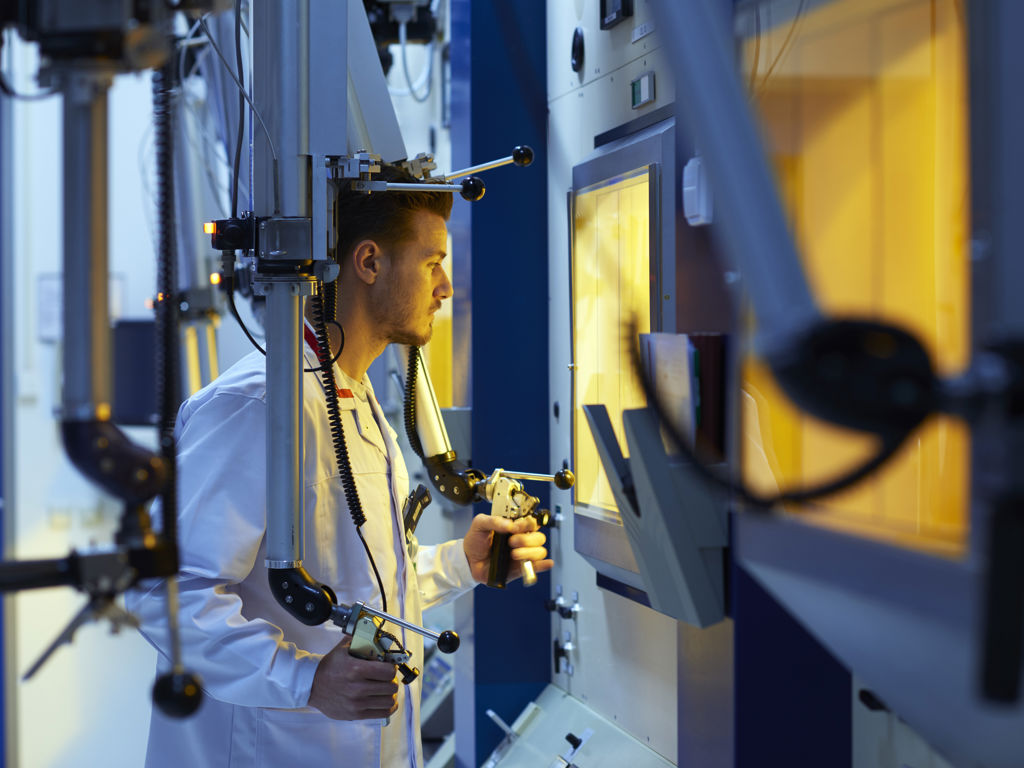Usefulness & necessity
Medical isotopes are essential for the diagnosis and treatment of cancer, neurological disorders, and cardiovascular diseases. The High Flux Reactor in Petten (HFR) supplies two-thirds of Europe’s demand. Worldwide, NRG PALLAS is the market leader with a 30 percent share. In the Netherlands, 80 percent of the isotopes used in hospitals come from Petten. Every day, more than 30.000 people are helped with the use of these isotopes.

Continuity
Isotopes cannot be stockpiled because they decay quickly (half-life). Continuous production is therefore a requirement. To produce sufficient isotopes of good quality, the use of reactor technology remains indispensable. New technologies may contribute in the long term but cannot produce all isotopes. Europe will continue to need its own reactor capacity. Existing capacity is already tight. Most European reactors are outdated, and some will reach the end of their lifespan in the foreseeable future. Without new construction, serious shortages are expected after 2030. That is why the HFR is being replaced by the PALLAS-reactor. The PALLAS-reactor will not only ensure the continuity of existing medical isotope production but also support research into new isotopes and applications, which is of great importance. Additionally, the PALLAS-reactor will cntribute to research into CO2-free energy supply.

30,000 per day: read Julia's story
Behind the 30,000 patients helped each day is a team of committed and skilled professionals at NRG PALLAS. These are people who work close to the source—at the very start of a chain that plays a vital role in healthcare around the world. Julia has been a research associate since 2022 and shares: “As a researcher, I directly contribute to medication for prostate cancer.”
Logistics
Not only is the Netherlands currently the largest producer of medical isotopes in the world, but together with Australia, it is also the only country that has both the reactor and the molybdenum processing facility located on the same site. This offers many advantages, not least that radioactive materials do not need to be transported by road. Because there are no transport times, the efficiency of the entire production process is higher (less decay of molybdenum during the process), resulting in less waste.


Future
In 2025, it is expected that 35 million people will be affected by cancer, according to sources from the World Health Organization. This represents an increase of 77% compared to the 20 million cases in 2022. As a result, the demand for medical isotopes is rising sharply. With the arrival of the PALLAS-reactor, we will be able to meet this growing demand and help millions of people in the Netherlands and worldwide over the next 50 years.